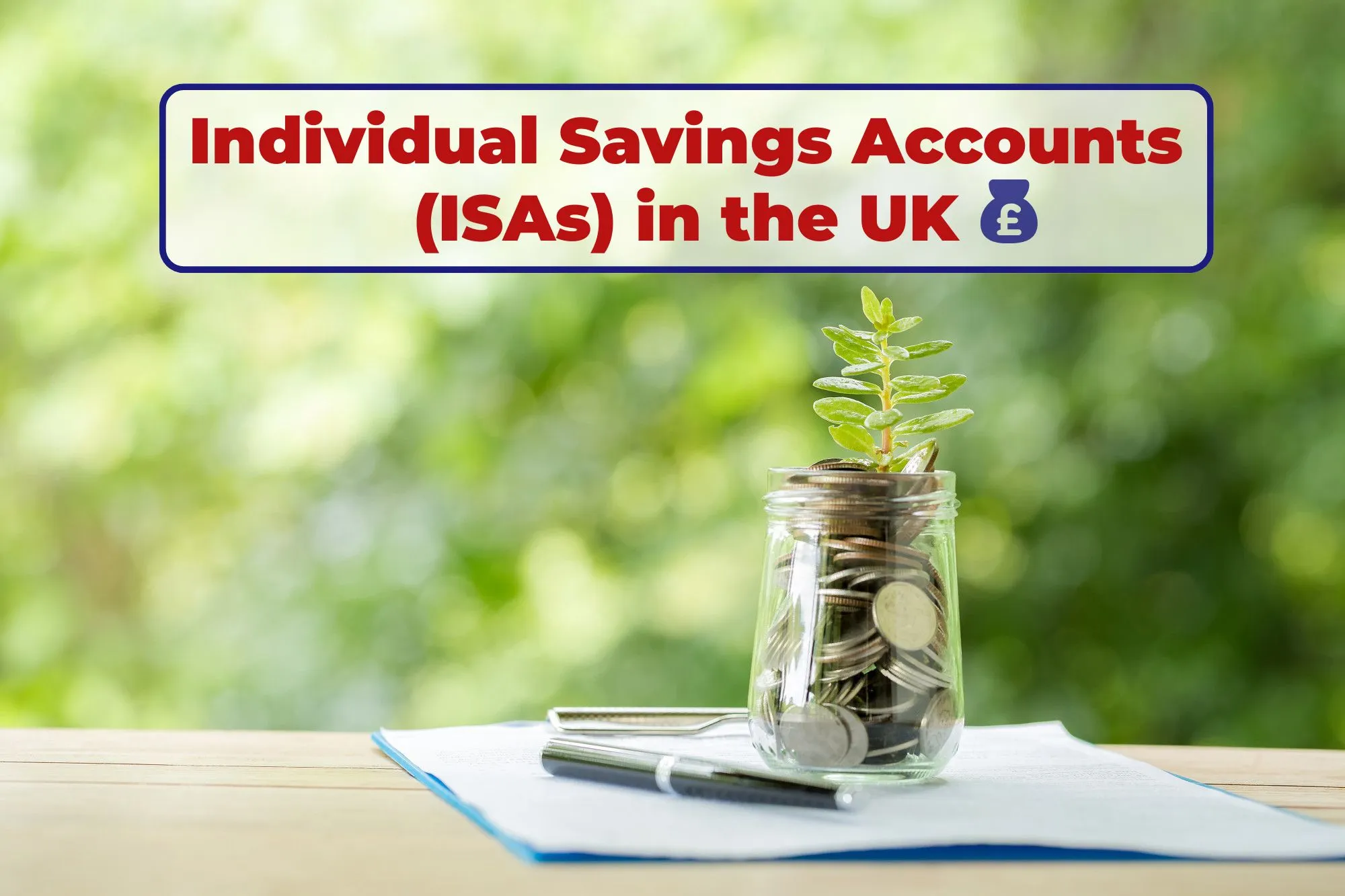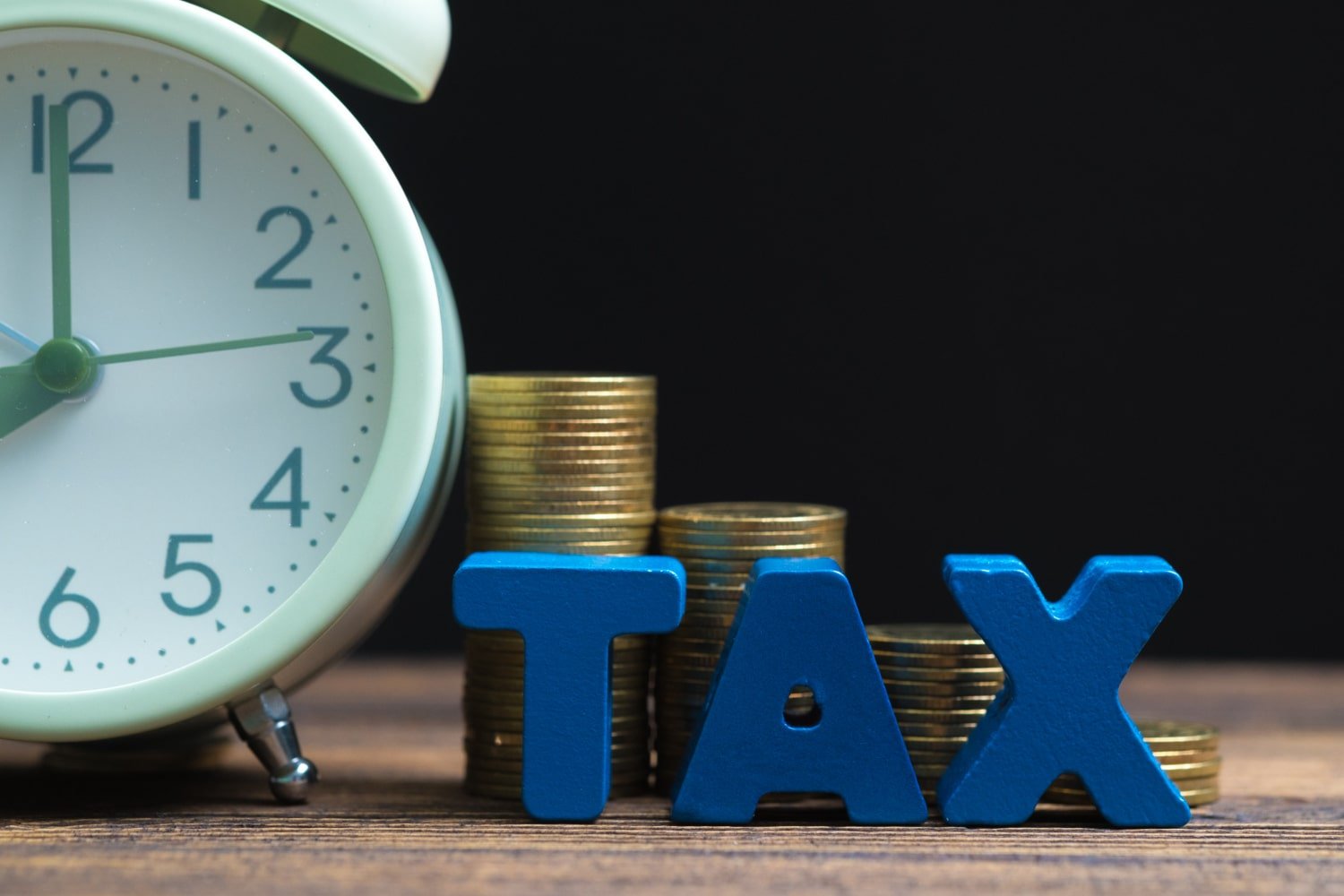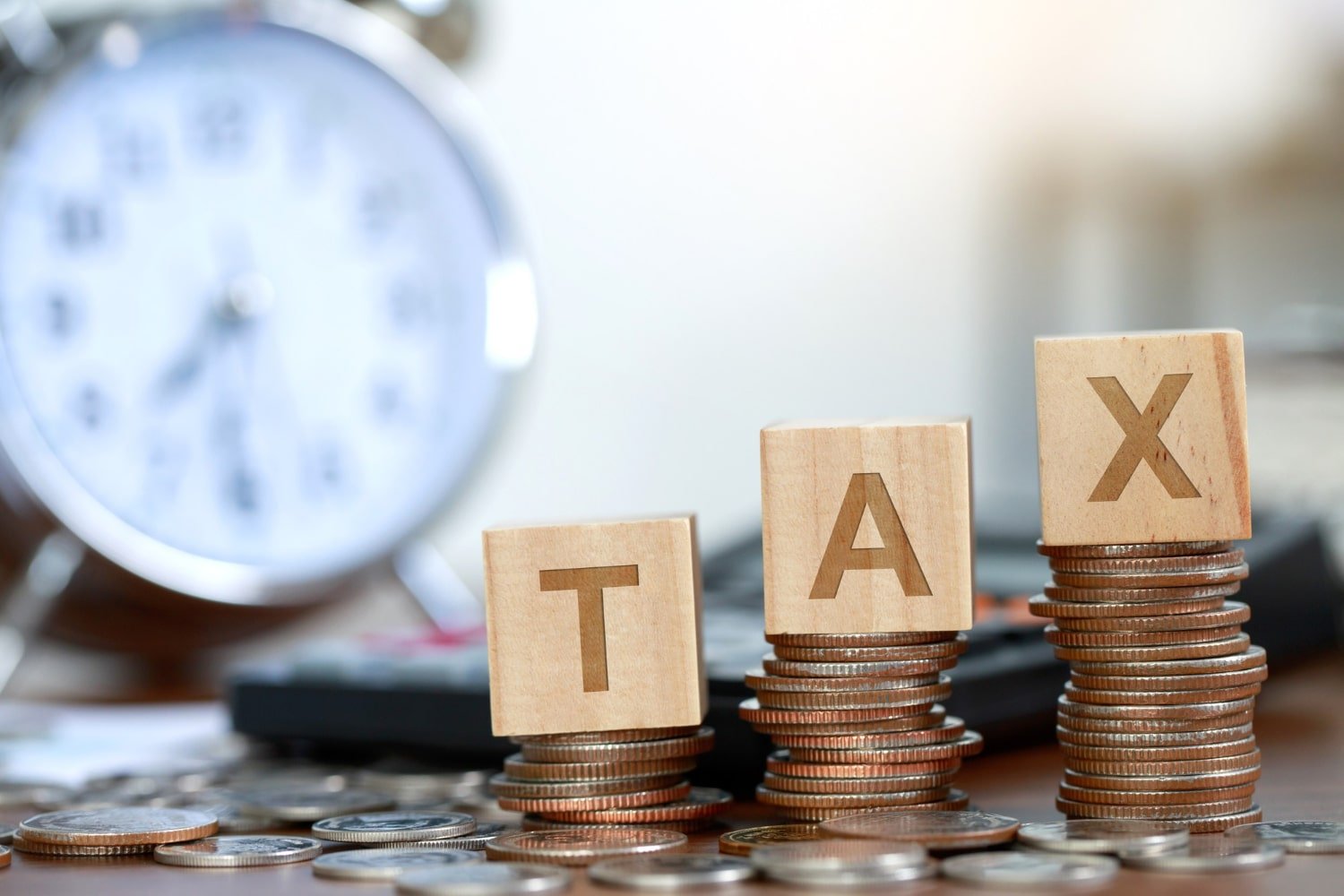Individual Savings Accounts (ISAs) are a popular and tax-efficient way for residents in the United Kingdom to save and invest money. These accounts were introduced in 1999 by the government as a means to encourage savings and investment among UK citizens.
ISAs offer a range of benefits, including tax-free interest and investment returns, making them an attractive choice for individuals looking to enhance their financial prosperity.
In this FAQ, we will provide you the answers to your questions covering the details of ISAs in the UK, exploring the various types, contribution limits, and rules associated with these accounts.
What are the Types of Individual Savings Accounts(ISAs)?
Numerous categories of ISAs are available in the UK, each designed to cater to different savings and investment needs. The main types of ISAs are Cash ISA, Stocks and Shares ISA, Innovative Finance ISA & Lifetime ISA. Furthermore, you can open Junior ISA on behalf of your children.
What is Cash ISA?
A Cash ISA is a savings account wherein you earn tax-free interest. These accounts are suitable for individuals who prefer to keep their savings in cash and want to protect their interest income from taxation.
Cash ISAs can be further divided into easy access, fixed rate, variable rate and regular savings ISAs, each with its own features and restrictions.
In the fixed rate ISA, the rate of interest stays the same throughout the term whereas for the variable rate ISA the interest rate fluctuates over the period of the time.
Cash ISAs can include:
- Savings in banks and building society accounts
- Some National Savings and Investments products
What is Stocks and Shares ISA?
With this ISA, you can invest in diverse assets, encompassing stocks, bonds, funds, and other investments. Returns on investments held within a Stocks and Shares ISA are exempt from Income Tax and Capital Gains Tax (CGT).
This makes them a valuable tool for long-term investors looking to grow their wealth through the financial markets.
Stocks and shares ISAs can include:
- Shares in companies
- Unit trusts and investment funds
- Corporate bonds
- Government bonds
What is Innovative Finance ISA (IFISA)?
IFISAs were introduced in 2016, allowing individuals to invest in peer-to-peer (P2P) loans and crowdfunding projects while enjoying tax-free returns. However, it’s important to note that investments in P2P loans carry risks, and The Financial Services Compensation Scheme (FSCS) does not extend coverage to every IFISA.
Innovative Finance ISAs encompass the following components:
- Peer-to-peer loans, which involve lending money to individuals or businesses directly, bypassing traditional banking institutions.
- ‘Crowdfunding debentures,’ which entail investing in a business by acquiring its debt securities.
What is Lifetime ISA (LISA)?
A Lifetime ISA is designed to help individuals save for their first home or retirement. Account holders can contribute up to a specified limit each year, and the government adds a 25% bonus on top of these contributions, up to a maximum annual bonus limit.
The money saved in a LISA can be withdrawn tax-free for the specified purposes, but early withdrawals for other purposes may incur penalties.
Lifetime ISAs may include either:
- Cash
- Stocks and shares
With a lifetime ISA, you can pay in a maximum of £4,000 in each tax year.
What is Junior ISA?
Junior ISAs offer a highly tax-efficient method for saving on behalf of your children. In the 2023/24 tax year, family members and friends have the opportunity to contribute up to £9,000 into the account on behalf of the child. It’s worth noting that neither Income Tax nor Capital Gains Tax is applicable to the interest earned or investment gains made within the Junior ISA.
These accounts are accessible to any child below the age of 18 residing in the UK, provided they do not meet the criteria for a Child Trust Fund.
How much I can Contribute in an ISAs?
Each type of ISA has its own annual contribution limit, which may change yearly. For the tax year 2023/2024, your ISA allowance amounts to £20,000, and here’s how you can utilise it:
You have the option to fully utilise your ISA allowance with one of the following:
- A Cash ISA
- An Investment ISA
- An Innovative Finance ISA.
You can contribute up to £20,000 to any one of these ISA types. Alternatively, you can opt to divide your ISA allowance as you see fit among the four distinct types of ISA (while adhering to individual account limits). However, it’s essential to ensure that the total contributions across all these ISAs do not exceed £20,000 during the tax year.
This means you could contribute up to £20,000 across one or more ISAs in a tax year without incurring any tax on interest, dividends, or capital gains earned within the ISA.
For Example,
One can save £14,000 in a cash ISA, £1,000 in a stocks and shares ISA, £2,500 in an innovative finance ISA and £2,500 in a Lifetime ISA in one tax year.
It’s important to note that you cannot carry it forward to the next year if you don’t use your annual ISA allowance in a tax year. Therefore, making the most of your ISA allowance each year is advisable to benefit from the tax advantages.
How to Transferring between ISAs
You can transfer your ISAs between providers without losing your tax-free status. This is known as an ISA transfer.
Transferring your Individual Savings Account (ISA) from one provider to another is a flexible option available anytime. You can transfer your savings to either a different type of ISA or the same type of ISA.
However, if you intend to transfer funds that you’ve invested in an ISA during the current tax year, it’s important to note that you must transfer the entire amount. For funds invested in previous tax years, you can transfer all or a portion of your savings, offering flexibility when managing your ISAs.
When it comes to ISA transfers, the expected timeframes are as follows:
- Transfers between cash ISAs should typically be completed within 15 working days.
- The process is anticipated to be finalised within 30 calendar days for other types of transfers.
How to Withdraw Money from ISAs?
You can withdraw funds from an Individual Savings Account (ISA) whenever you choose, and this action won’t result in the forfeiture of any tax advantages. However, it’s prudent to review the terms and conditions of your specific ISA to ascertain whether there are any regulations or fees associated with withdrawals.
Flexible ISA ensures the flexibility to take the cash out and return it in the same tax year without reducing the current year allowance.
For Example,
Your allowance for the year 2023-24 is £20,000. You have already contributed £15,000 and withdrawn £7,000 during the year.
- If your ISA is flexible, you can deposit a total of £12,000 (ISA Withdrawn: £7,000 & remaining ISA: £5,000)
- If your ISA is not flexible, you can deposit the remaining ISA of £5,000.
Shall I need to be resident in UK to open ISA?
You should either be a resident in the UK or a Crown servant, such as a diplomatic or overseas civil service member, or your spouse or civil partner if you reside outside the UK. It’s important to note that holding an ISA on behalf of someone else is not permitted under ISA regulations.
Can I Open multiple ISAs in a tax year?
In each tax year, you can only open and contribute to one Cash ISA, one Stocks and Shares ISA, and one Innovative Finance ISA. However, you can transfer ISAs from previous years to consolidate your savings and investments.
Can I hold Multiple ISAs in a single tax year?
Although you can only open one ISA of each type every year, it is permissible to hold multiple ISAs in a single tax year. It is important to note that you cannot have more than one ISA of the same type.
For example, you could put £15,000 in a cash ISA and £5,000 in a stocks & shares ISA, but you couldn’t spread that money across two different cash ISAs.
Why ISAs are considered flexible?
Cash ISAs are often considered “flexible,” which means you can withdraw money and then replace it in the same tax year without affecting your annual ISA allowance. However, not all Cash ISAs offer this flexibility, so checking with your ISA provider is essential.
Are there any age restrictions to open an ISAs?
Cash ISA can be opened by individuals aged 16 or over, whereas stocks and share or innovative finance ISA can be opened by individuals aged 18 or over. LISA accounts are only available to individuals aged 18 to 39, and contributions can be made until the age of 50.
Shall I need to pay tax on Interest, dividend and capital gains earned from ISAs?
All interest, dividends, and capital gains earned within an ISA are exempt from Income Tax and CGT, providing significant tax advantages for savers and investors.
What happens to ISAs after the death?
In the unfortunate event of your passing, your ISA provider will close your ISA account three years and one day after your death. Up until that date, there will be no Income Tax or Capital Gains Tax obligations.
However, it’s important to note that the investments held within your ISA will be considered as part of your estate for Inheritance Tax purposes.

ISA inheritance offers a tax-efficient way to pass on the value of your ISA to your spouse or civil partner in the event of your passing. Unlike regular savings accounts, ISAs allow for this financial transfer.
To qualify for ISA inheritance, the government stipulates that you and your partner must have been living together at the time of your death and not separated by a court order or deed of separation.
Additionally, your marriage or civil partnership should not have irreparably broken down. These conditions must be met for the tax-efficient transfer of your ISA holdings to your surviving spouse or civil partner.
How to choose the right ISA?
The choice of which ISA to open depends on your financial goals, risk tolerance, and investment preferences. A Cash ISA may be suitable if you want to protect your savings from inflation and earn interest without taking on investment risk. Conversely, a Shares and Stocks ISA might be more suitable if you seek greater potential returns and are open to assuming a certain degree of risk.
Before opening an ISA, it’s essential to shop around and compare the offerings from different providers to find the one that best suits your needs. Consider factors such as fees, interest rates, and the range of investment options available.
Shall I Invest in ISAs?
ISAs are a valuable tool for individuals in the UK to save and invest money while enjoying significant tax advantages. By understanding the various types of ISAs, contribution limits, and rules associated with these accounts, you can make informed decisions about how to make the most of your savings and investments while minimising your tax liability.
It’s recommended to seek advice from a financial advisor or tax expert to receive tailored guidance aligned with your financial objectives and individual situation.
[elementor-template id=”682236″]



